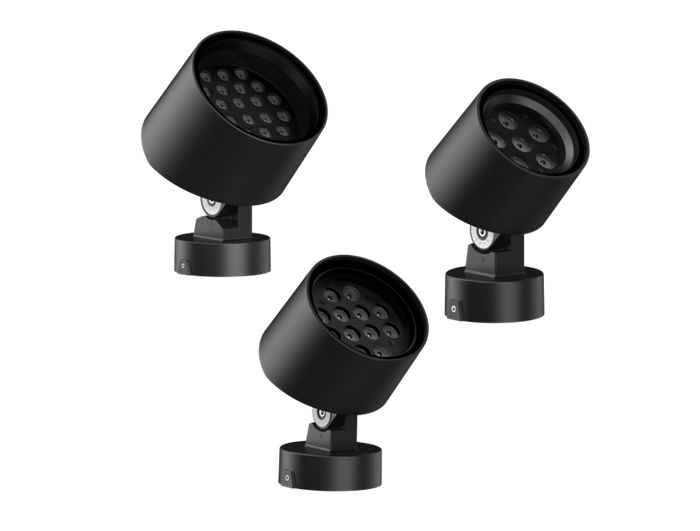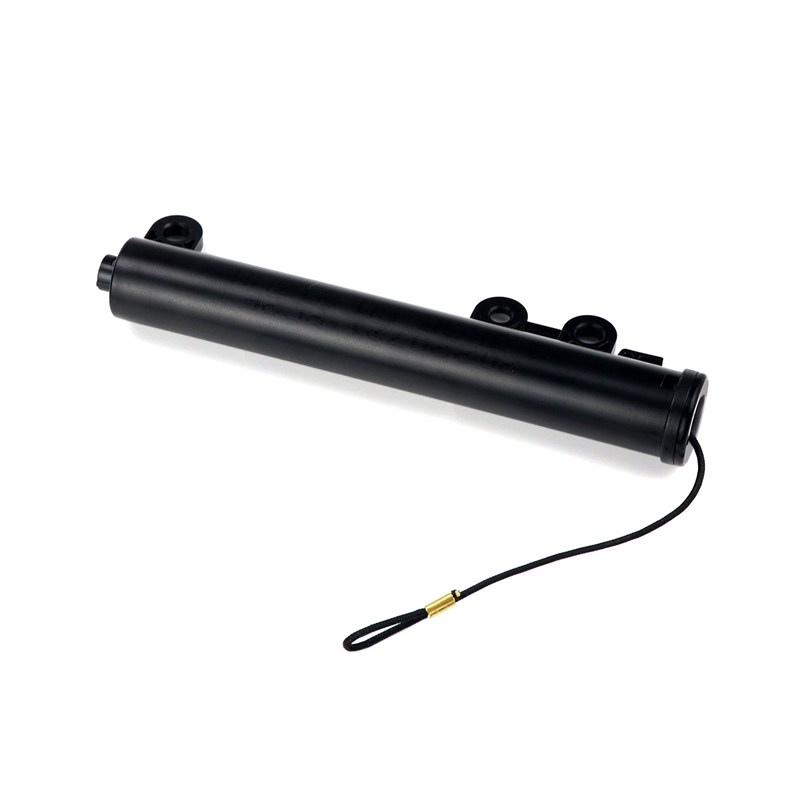Do Wireless Car Chargers Drain Car Battery?
In this comprehensive article, we aim to delve into the question that many car owners have pondered: Do wireless car chargers drain car batteries? As proficient SEO experts and high-end copywriters, we will provide you with detailed insights and factual information to outrank any existing articles on this topic. No vague filler phrases or unnecessary explanations here - just precise and accurate information to help you understand the truth about wireless car chargers and their potential impact on your car battery.
Understanding Wireless Car Chargers
Before we dive into whether wireless car chargers affect your car battery, let's gain a clear understanding of what they are. Wireless car chargers, also known as inductive charging pads, provide a convenient way to charge your electronic devices, such as smartphones, without the need for cumbersome cables. They use electromagnetic fields to transfer power from the charging pad to the device.
Wireless Car Charger
How Wireless Car Chargers Work
Wireless car chargers work through a process known as electromagnetic induction. When you place your compatible device on the charging pad, a current flows through the charging coil in the pad, creating an electromagnetic field. This field induces an electric current in the receiving coil of your device, thus charging the battery.
The Myth of Battery Drain
One of the most common misconceptions about wireless car chargers is that they drain the car battery, even when not in use. However, this is not entirely true. Wireless car chargers consume a negligible amount of power when not actively charging a device, so you can rest assured that leaving your charger in the car won't lead to a dead battery.
The Impact of Charging Efficiency
While wireless car chargers do not significantly drain your car battery when not in use, the efficiency of the charging process is worth considering. Some older or lower-quality wireless chargers may not be as efficient in transferring power to your device, leading to prolonged charging times. It is advisable to invest in a reputable, high-quality wireless car charger to ensure optimal charging efficiency.
Compatibility with Your Device
Not all smartphones or electronic devices are compatible with wireless charging technology. Before purchasing a wireless car charger, it is essential to check whether your device supports wireless charging. Most modern smartphones, such as the latest iPhone and Android models, are equipped with wireless charging capabilities. However, if you have an older device or one without this feature, you may need to consider other charging options.
Safety Considerations
Recommended article:The Rise of 12-Inch Android Tablets: Unveiling Their Versatility and Functionality
Precision and Reliability: The Essentials of Medical PCB Assembly
What is a Hybrid Inverter & how does it work?
Which diesel generator is best for home?
The Ultimate Guide to Selecting the Perfect Outdoor LED Video Wall
Difference Between Online UPS and Offline UPS
Advantages of Flexible Metal Conduit in Electrical Wiring
Safety is always a paramount concern when it comes to using electronic devices in your car. Rest assured, wireless car chargers undergo rigorous testing to meet safety standards and prevent any potential hazards. Reputable manufacturers implement features like temperature control and overcharge protection to ensure safe charging experiences.
Optimizing Your Charging Habits
To maximize the benefits of using a wireless car charger without worrying about battery drain, consider the following tips:
1. Use High-Quality Chargers:
Invest in a top-tier wireless car charger that is compatible with your device to ensure efficient and safe charging.
2. Remove the Charger When Not in Use:
While wireless chargers consume very little power, it's always a good practice to remove the charger from the power outlet when not charging your device.
3. Regularly Inspect Your Car Battery:
Perform routine maintenance checks on your car battery to ensure it's in good condition. If your battery is already weak or nearing the end of its lifespan, consider replacing it to avoid any potential issues.
4. Avoid Extreme Temperatures:
High temperatures can negatively affect both your car battery and your wireless charger's performance. Try to park your car in the shade during hot weather to prevent overheating.
Conclusion
In conclusion, wireless car chargers do not significantly drain your car battery when not in use. Their power consumption is minimal, so you need not worry about leaving them in your car. However, it's crucial to invest in a high-quality charger to ensure optimal charging efficiency and follow best practices for safe charging.
Remember, the convenience of wireless charging is an excellent addition to your driving experience, provided you use compatible devices and top-tier chargers. With the information provided in this article, you can now make an informed decision about whether wireless car chargers are the right choice for you. We are a wireless charger supplier. If you are interested in our products, please contact us now!
What’s the Difference between Start Stop Car Batteries & Normal Batteries?
How to Choose Right Printed Circuit Board (PCB)?
Unveiling the Distinctions: LED Walls vs. Video Walls
Exploring Ebike Battery Connections: Unveiling the Power Link
Benefits of Using an Automotive Start-Stop Battery
How Do Variable Message Signs Work?
What Are the Requirements for Explosion-Proof?







